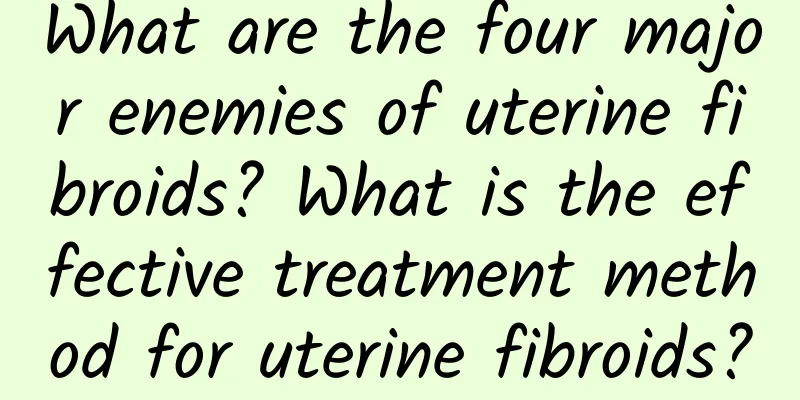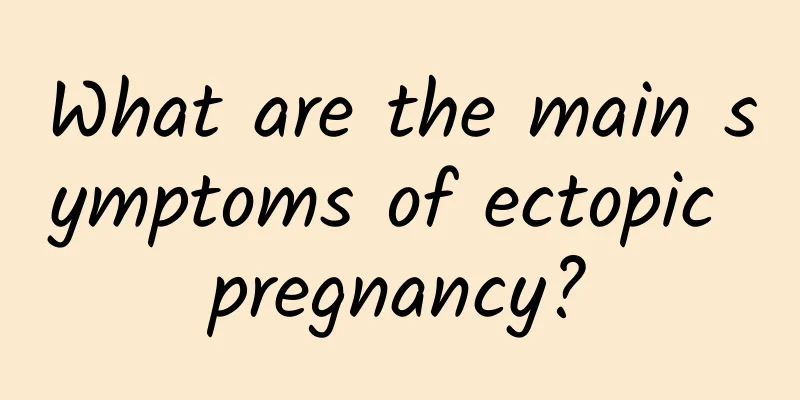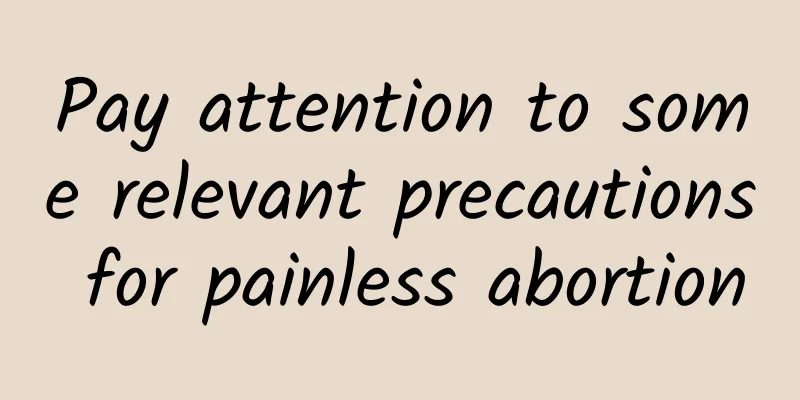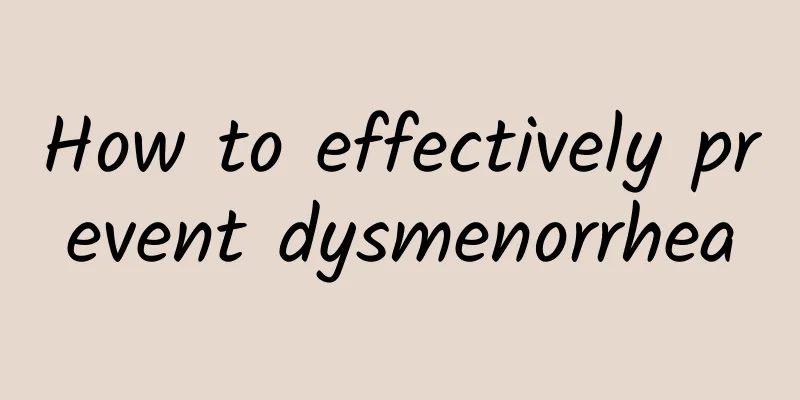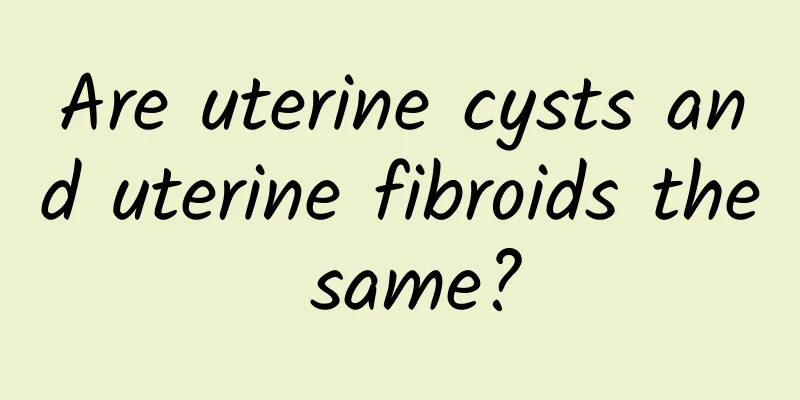Can uterine cysts be treated with medicine?
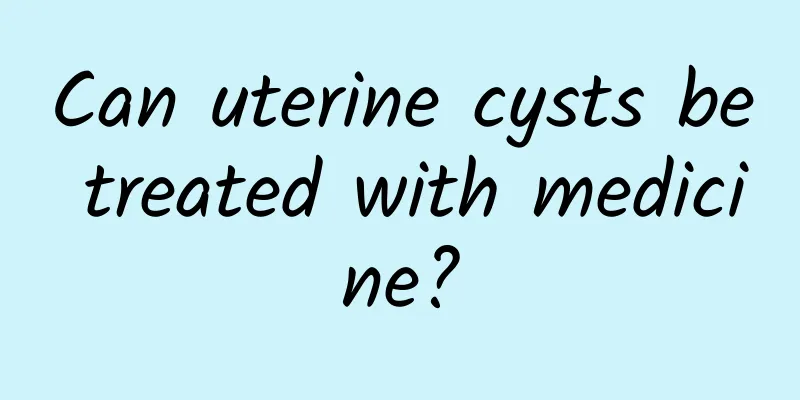
|
Uterine cysts can be treated with medication, but the specific treatment plan depends on the type, size and symptoms of the cyst. Common medications include hormone drugs, Chinese medicine conditioning, etc. The formation of uterine cysts is related to abnormal hormone levels, inflammation, genetics and other factors. Treatment requires targeted intervention based on the cause. 1. Drug treatment is one of the common methods for uterine cysts, which is suitable for functional cysts or mild symptoms. Hormonal drugs such as oral contraceptives can regulate hormone levels and inhibit cyst growth; Chinese medicines such as Guizhi Fuling Pills and Xiaoyao Powder have the effects of promoting blood circulation and removing blood stasis and regulating endocrine, which are suitable for long-term conditioning; non-steroidal anti-inflammatory drugs such as ibuprofen can relieve pain symptoms, but they must be used under the guidance of a doctor. 2. Surgical treatment is suitable for cases with large cysts, severe symptoms or suspected malignant transformation. Laparoscopic surgery is the first choice for minimally invasive treatment, with less trauma and faster recovery; laparotomy is suitable for complex or huge cysts; ultrasound-guided puncture and aspiration can be used for simple cysts, but the recurrence rate is higher. The choice of surgery should be determined based on the patient's specific situation and the doctor's advice. 3. Lifestyle adjustment has a positive effect on the prevention and auxiliary treatment of uterine cysts. Avoid high-fat and high-sugar foods in your diet and eat more fiber-rich vegetables and fruits; moderate exercise such as yoga and walking can help improve blood circulation and regulate endocrine; maintain a good attitude and avoid long-term mental stress, which has a positive effect on hormone balance. The treatment of uterine cysts requires a personalized plan based on individual conditions. A combination of medication, surgery, and lifestyle adjustments can effectively control the condition and improve the quality of life. Regular checkups and compliance with doctor's orders are key. Avoid self-medication or ignoring symptoms to avoid delaying treatment. |
<<: What to do if adolescent girls have ovulation bleeding
>>: What to do if the pain from Bartholinitis subsides?
Recommend
Treatment of pelvic inflammatory disease of damp-heat and stasis type
Traditional Chinese medicine can classify pelvic ...
What are the physiological causes of adnexitis?
Adnexitis is one of the common gynecological dise...
How long do patients with cervical precancerous lesions live?
Cervical precancerous lesions are a disease that ...
What are the signs of uterine fibroids growing? What will happen if uterine fibroids grow?
What are the symptoms of uterine fibroids growing...
How to prevent senile vaginitis?
Senile vaginitis: refers to inflammation caused b...
What are the main symptoms of atrophic vulvar leukoplakia? Women should know
I think there should be quite a few women who hav...
Obesity not only makes you more susceptible to metabolic syndrome, but also the three highs, heart disease, and cancer!
The metabolic department often receives visits fr...
How to distinguish lochia from menstruation
How to distinguish lochia from menstruation? The ...
The main harmful manifestation of painless abortion
There are many types of abortions, and painless a...
What is acute pelvic peritonitis?
In modern society, although the knowledge of gyne...
What is the process of myomectomy? How is myomectomy performed?
[anaesthetization] 1. Continuous epidural block a...
Occurrence, development and treatment of ovarian chocolate cyst
Ovarian chocolate cyst, also known as ovarian end...
Skipping a meal can lead to these terrible consequences
【Core Tip】: Want to eat less meal to lose weight?...
Related care for chocolate cyst infection
Daily health care is a way to show your healthy l...
How to read the health check report? What do abnormal values mean? Famous doctors answer 5 common Q&As during health checkups
The westernization of diet and the aging of the p...
